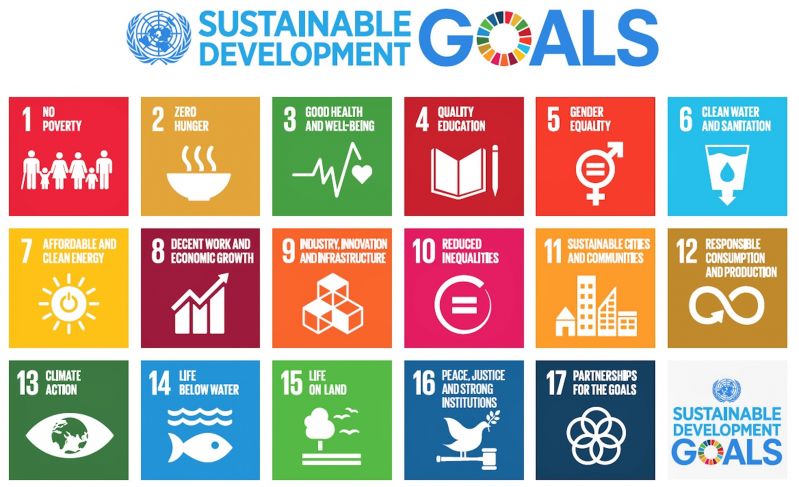UNECE Case Studies Share National Implementation of SDGs
Published on by Water Network Research, Official research team of The Water Network in Social
The UN Economic Commission for Europe (UNECE) released a compilation of case studies on the SDGs under in-depth review at the 2018 session of the UN High-level Political Forum on Sustainable Development (HLPF).
The case studies supported peer learning round tables during the Regional Forum on Sustainable Development (RFSD) for the UNECE Region, which convened from 1-2 March 2018.
The case studies are based on national experiences in implementing the selected Goals: SDG 6 (clean water and sanitation); SDG 7 (affordable and clean energy); SDG 11 (sustainable cities and communities); SDG 12 (responsible consumption and production); and SDG 15 (life on land).
They feature concrete policy measures taken by governments, proposals by governments and other stakeholders to address identified challenges, and suggestions on how peers can adopt best practices.
Case studies on water: share progress towards universal access to water and sanitation in Portugal, Romania, Serbia, Moldova; describe the balance among multiple needs for water in Finland and Switzerland; and highlight water supply and sanitation in Germany under the Protocol on Water and Health, the German national strategy for micro-pollutants and sewage sludge reforms. Finland’s case study on optimizing water allocation for energy and hydrological extremes underscores the importance of joint water management in flood and drought control (SDG 6), endangered species protection (SDG 15), navigation, recreation and energy security (SDG 7).
Finland and the Russian Federation share “hundreds of rivers crossing the border,” including 20 that have joint monitoring and management plans, in line with SDG target 6.5 on transboundary cooperation in integrated water resources management (IWRM).
The case study highlights how water allocation rules for the Vuoksi river system implement a discharge rule and risk management plan to minimize flood and drought damage and water fluctuation and optimize hydropower production.
Replicable aspects of the case study include the importance of mutual understanding and political will, institutional capacities, appropriate frameworks, joint hydrological monitoring and forecasting and data exchange.

Read the full article at IIDS
Media
Taxonomy
- Water & Sanitation
- Sanitation & Hygiene
- Sanitation & Hygiene
- Sanitation and Hygiene